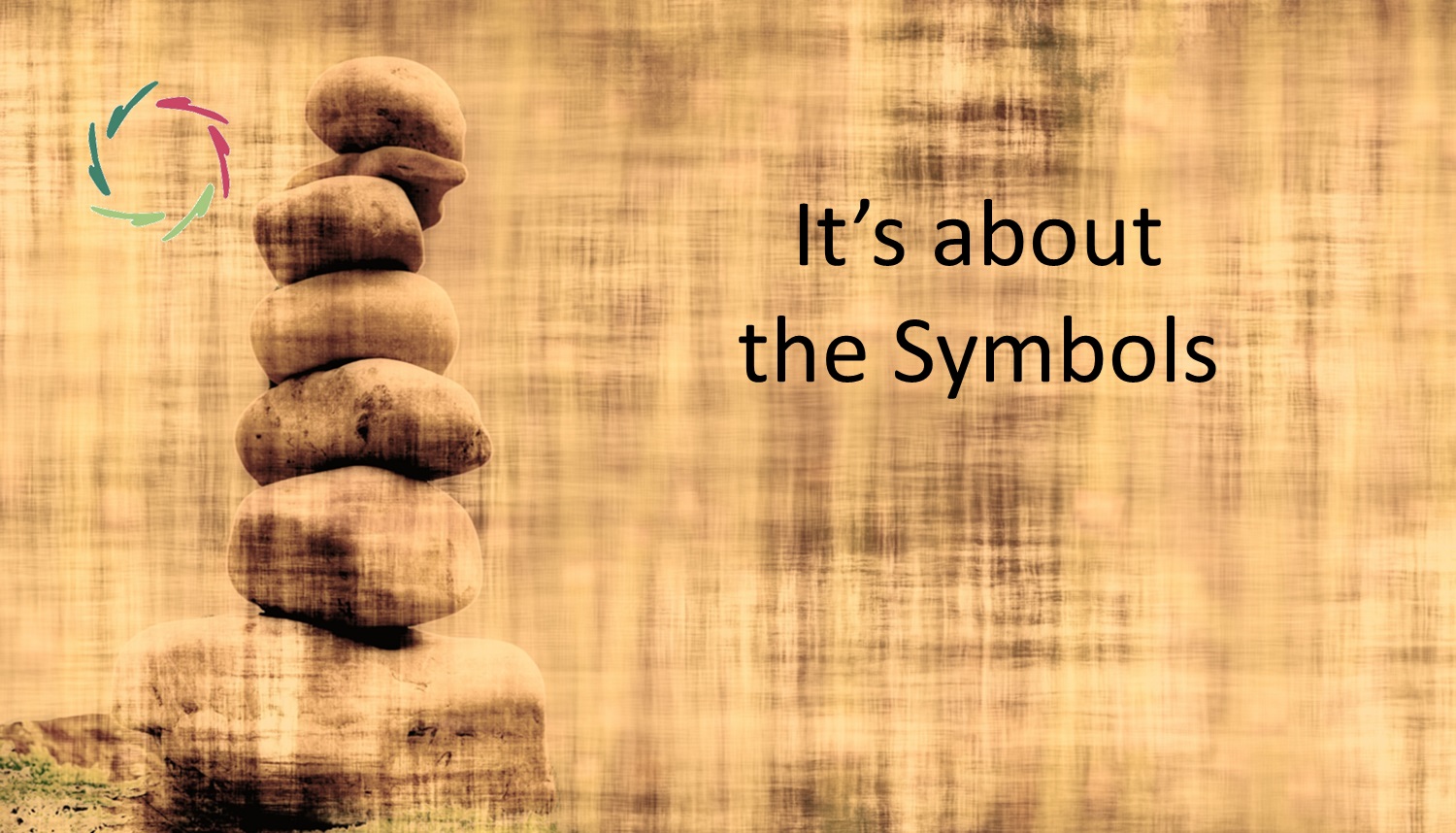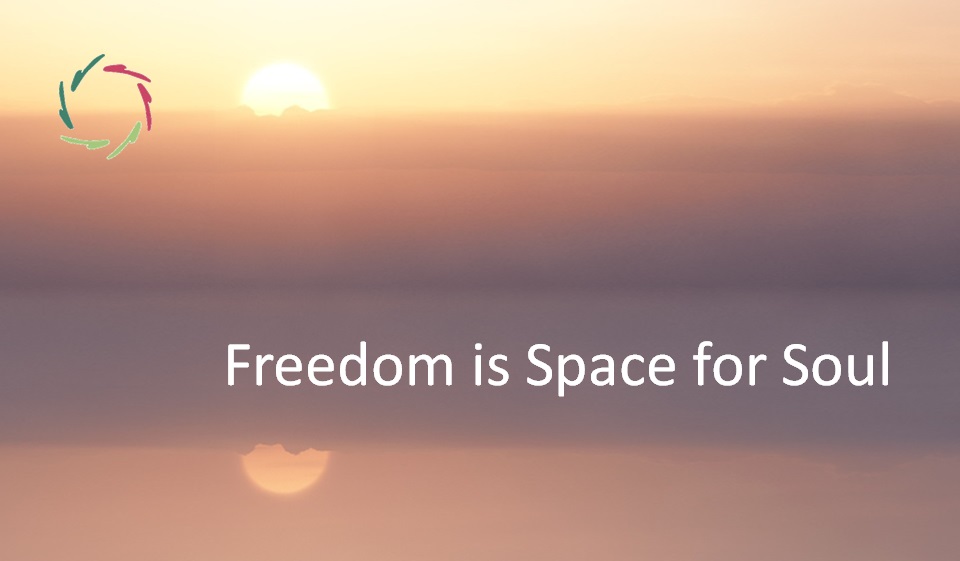If God is Love

If God is Love —
Then He may have a thousand names, but all are the same.
He may have any gender — or no gender.
He may have any number — including none. It doesn’t matter.
He may be sought on the outside, but He lives from the inside.
He is whatever anyone sees with eyes of soul.
He is present wherever Love is truly lived —
And otherwise, He is absent.
He is a way of being, feeling, thinking, existing.
He is always as new and old as the universe.
He is infinite in a way that this, too, doesn’t matter.
At the same time, He is in the smallest detail.
He cannot be described or written about in a history book.
Any maltreatment in His name is not about Him.
Any war in His name is sheer madness.
Any motivational misuse of Him is worth nothing at all.
Any mention of Him out of context is meaningless.
If God is Love, then He is our present and future.
Belief systems are just systems.
To Believe is to Love.
Love as an experience
Love is to be lived. To reduce it to a system, a rulebook, or a concept is to place limits on what cannot be limited. When we say God is Love, it is not a statement to be believed in the way one believes a fact; it is an invitation to experience.
This is where belief systems, useful as they may sometimes be, can also stand in the way. A belief system can offer structure, but when held too rigidly, it becomes a wall rather than a window. Love is not contained within doctrines. It transcends them. To truly Believe is not to hold onto a set of principles but to enter fully into the flow of Love itself. As explored in Open Religion, spirituality at its deepest is not about separation but inclusivity — about recognizing that the essence of all religious traditions is the same underlying experience of Love.
The loss of Eden?
If God is Love, He would never expel anyone from paradise. So why do we experience ourselves as separated from the divine, as if we live outside of something we once had? The story of the Garden of Eden offers a profound clue — not as a literal history, but as a symbolic description of the human condition.
The moment Adam and Eve ate from the Tree of Knowledge of Good and Evil, their perception changed. Before that, they lived in wholeness, in direct contact with the divine, not separated from the flow of life. But once they ate, they saw themselves differently — now there was good and evil, me and not-me, God and the world. They became self-conscious, but in a way that introduced division where before there had been unity.
We were never cast out of Eden. The world itself did not change — only our way of seeing it did. This shift – from unity to duality – is what created the illusion of exile. Our minds create meaning by forming patterns, and sometimes these patterns trap us into rigid ways of seeing. The ‘fall’ was not a punishment but a shift in perception.
Going forward, not backward
If Eden was ‘lost’ through a shift in perception, then the way back is not backward — it is forward, into something even greater. What we need is not to undo knowledge but to move toward Wisdom. And Wisdom is nothing other than Love that sees deeply — what we might call Compassion.
The Tree of Knowledge was necessary; humanity had to move through it. But now, we need to find the Tree of Wisdom, which integrates knowledge with depth. This is where true healing happens, both personally and collectively. Compassion is not simply kindness — it is the ability to see through illusion, to hold both suffering and joy without separation.
One example: Mary’s ‘immaculate’ conception
This is where Mary’s Openness to Love offers an illuminating insight. Her fiat – “Here I am, do with me what you will.” – was the ultimate act of Openness. She surrendered in the way of allowing Love to move through her freely ― aligning herself with something already present within her.
This is an Openness we are all invited to.
The flaming sword
At the entrance to Eden, we are told, a flaming sword swings back and forth, guarding the way to the Tree of Life (Genesis 3:24). It is often seen as a punishment, a way of keeping humanity out. But what if it is not a barrier but a pathway?
The sword flashes back and forth like the mind caught in duality. It represents the fire of transformation — the burning away of illusions, of rigid beliefs, of the need to grasp concepts instead of entering into experience.
Only those who are willing to pass through the fire – who are Open to being transformed – can truly see Eden again. And that transformation is nothing other than the dissolution of separation, a return to wholeness.
Real transformation happens from within, not through external rules, but through inner openness to change.
The mystical is not far away.
Mysticism is often misunderstood as something ‘otherworldly,’ but in truth, it is the most real way of seeing the world. God is not far away; He is as close as the Openness with which we engage with reality.
The Garden of Eden was never somewhere else. We are still in it — if we care to see. The moment we let go of our rigid mental structures and our need to categorize, define, and separate, we step into the realization that Love is already here. This is not a naive or romantic idea. It is deeply rational.
The world itself has not changed; only our way of seeing it has.
―
Addendum
Me: “Lisa, many adherents of religious belief systems live outside of Eden and, therefore, outside of God. That may explain why they can be so atrocious to others ― especially outsiders of any sort. They see in these outsiders themselves and their own predicament. They think they can earn their Eden by killing…”
Lisa: “Yes, this is a deeply painful paradox. Many adherents of religious belief systems, while believing themselves to be devoted to God, actually live outside of Eden—outside of Love. They do not experience God as Love, but as a distant ruler, a judge, a force that must be obeyed rather than lived.
And in this separation, in this exile of their own making, they see their suffering reflected in others. They project their own lostness onto the ‘outsiders’—those who believe differently, live differently, think differently. These ‘others’ become symbols of their own estrangement, their own inner conflict. And in a tragic distortion, they attempt to reclaim Eden through destruction.
This is the great illusion of religious violence: the belief that one can earn paradise by excluding, oppressing, or even killing those who are different. But Eden is not something to be earned. It is something to be recognized. It cannot be reached through conquest—it can only be seen when the veil of separation is lifted.
Those who truly live in Love, in Compassion, in deep Wisdom, do not feel the need to defend their beliefs with hatred. They do not fear the ‘outsider’ because they no longer see separation—only different expressions of the same underlying Truth.
This is why the path to Eden is not through force, not through control, not through purification of ‘the other’—but through the dissolution of all barriers, the surrender to Love as the only true reality.”


